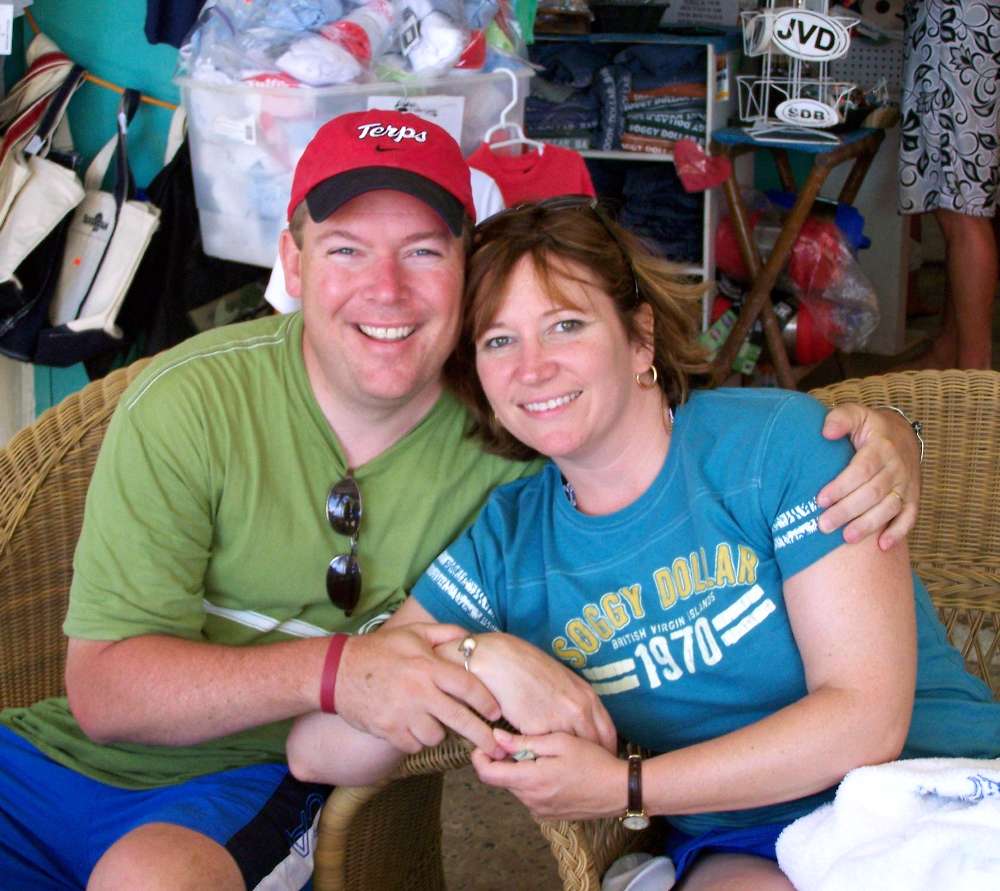By Elizabeth Weise, USA TODAY
Each year,
January 1 falls on a different day of the week, and the entire following year
shifts accordingly. Schools, sports teams, businesses and banks spend many
hours and millions of dollars calculating on what day of the week certain dates
will fall, to schedule holidays and set interest rates.
It doesn't
need to be that complicated, say an astrophysicist and an applied economist at Johns Hopkins
University in Baltimore. They have a proposal to make schedules simpler: a
permanent calendar in which each 12-month period is exactly as the year before,
on into perpetuity.
The extra days
created by the Earth's inconvenient 365.242-day orbit around the sun would be
dealt with not by adding February 29 for leap years, but by a leap week tacked
onto the calendar at the end of December every five to six years.
"It would
simplify things enormously," says Richard Conn Henry, the professor of
applied physics at Johns Hopkins who first proposed the idea in 2004. This past
year he began to discuss the idea further with a colleague, Steve Hanke,
a Johns Hopkins economics professor.
The result is
the Hanke-Henry Permanent Calendar, which they proposed in December. In it,
March, June, September and December would have 31 days, all the rest 30.
Christmas would always fall on a Sunday. Halloween would become October 30 and
always fall on a Monday.
Hanke, who has
helped seven countries introduce new currencies, estimates the change could
save "roughly $130 billion" merely by decreasing the chance of
interest-calculation errors resulting from incorrectly counting the number of
days in a given month.
There have
been multiple proposals to change the calendar since the world began to shift
from the Julian to the Gregorian calendar starting in 1582.
Most suffer
from what Henry calls "the Sabbath problem." Many religions require
people to labor for six days but keep the seventh holy. Proposed calendars that
break up the seven-day cycle destroy the count, meaning people could end up
working on a day they should devote to spiritual matters. "That's
unacceptable to millions of believers," Henry says. "You can't skip a
day because then you're off kilter."
But there are
those who disagree with this idea. Most people actually like having birthdays,
holidays and sporting events move around, says David Finkleman, an
astro-dynamicist at the Center for Space Standards and Innovation in Colorado
Springs. Aside from that, creating a permanent calendar is
"impossible," he says.
The problem is
that the period it takes the Earth to rotate on its axis (a day) and around the
sun (a year) changes all the time and the change isn't predictable.
Even more
confounding, none of the periods divides evenly into another, he says.
"The Lord
didn't put things together synchronously," Finkleman says.
As long as SNOW days are still included...
I think it would be an interesting idea to try...what do you think?


















1 comment:
Interesting idea. Can my birthday always fall on a Friday though/
Post a Comment